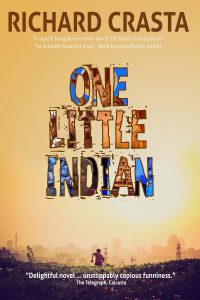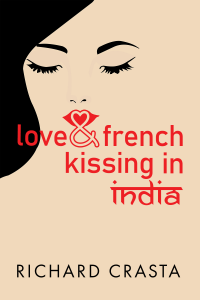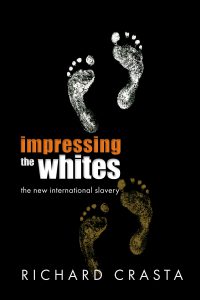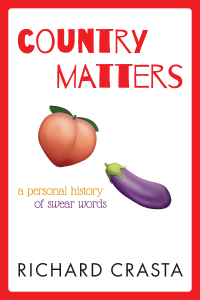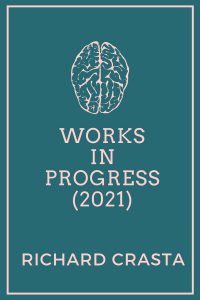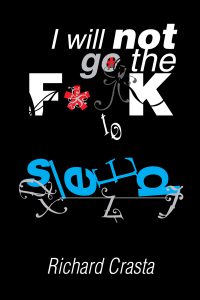(Random thoughts, in 1996, of an evolving, changing mind*.)
Butter Chicken in Ludhiana is a hilarious book, though having admired its author greatly, and perhaps too much, I suddenly began to ask myself, “Who does Pankaj Mishra think he is?” [Okay, he is a writer, and so am I. Writers write stuff.] For it is a novel (travelogue?) wherein an immensely superior narrator, a narrator who has read the kind of books that not more than fifty others in the immensity of India have read, scorns the shoddiness of small-town Indians’ lives and thoughts. And though notes of sadness and melancholy and frustration humanize the superior tone, the predominance of the white superego, and the immensely confident rejection of the small-town Indian character and mindset seems as subversive to Indian self-confidence as anything the Reverend Sir V.S. Naipaul might have written (at least Naipaul, who grew up in Trinidad, might be excused his ambivalence about his ancestors’ country).
I myself am guilty of being teasing, critical, and even scornful of my countrymen … at times. Still, the implied (and possibly self-deceiving) superiority of my narrative voice is more than balanced by the narrator’s too-obvious humanness, weaknesses, desires, anger, his love, his shame. The chinks in Mishra’s authorial armor are only occasional, and they are tiny. Indeed, Mishra has written a Shame that contains within it ten thousand times the shame of Rushdie’s Shame. If anyone needs to ask how British education and values have usurped some (?) Indian minds and therefore destroyed them with self-hatred, one only needs to read Mishra’s book. [Later Observation: Laughing at the “lower” classes–meaning, in a multi-class society like India, anyone who is lower than you in a complex scale in which family, wealth, power, education, and caste all play a role–is a British as well as an Indian sport, and I can’t say exactly whether it began with British colonization, but many of us Indians are guilty of it.]
Having said all of this, I must still admit that I enjoyed the book.
The ABA Book Fair: its massiveness, its commercialness, the thingamajigs, the diffusion of the effect. The ABA is committing slow suicide by having chosen Chicago as its convention site for the next umpteen years. It is conducted in a cavernous catacomb or super parking garage, one that could park the entire fleet of Heavenly Limousines and Greyhound buses in existence. This ungodly country is filled with artificial light and artificial air [I always hated the absence of sunlight during daylight hours, loved large glass windows and skylights]. The convention center is like a humongous maximum security prison for giants; it belongs to the Prison School of Architecture.
Speaking to the Atrium director of acquisitions, who said he loved brown people, and wanted to apologize to them for being white, I became passionate, eloquent. As I should have been and ought to be most of the time, even when I am not thinking about sex, which is not too often these days, and god knows why. .. [Can’t remember the context of the Atrium director’s comment, but did I express some thoughts from the early draft of “Impressing the Whites”, which was already brewing inside me, with a few chapters written? As for sex, you may have heard that men think of sex once in every 7 seconds; with me, it was once every 7 seconds that I thought of things other than sex.]
(*This page reflects my thinking at a particular moment in 1996, and contains the seeds of the two books that would soon follow: Beauty Queens, Children and the Death of Sex (1997) and Impressing the Whites (2000); in the latter, I have developed a new angle on Pankaj Mishra and Butter Chicken in Ludhiana. I have hundreds of pages of writings such as these, some in digital form, and some in handwritten form in a New Jersey locker; and around seven novels/nonfiction books with specific themes, and am hoping for a grant or investment (or greatly increased book sales) to enable me to bring at least some of them into print.)

